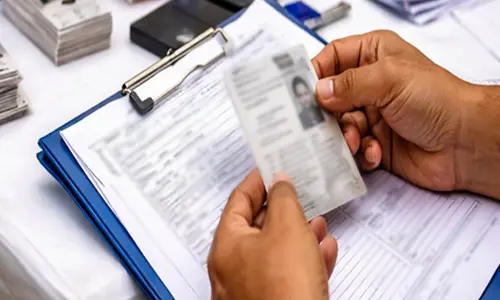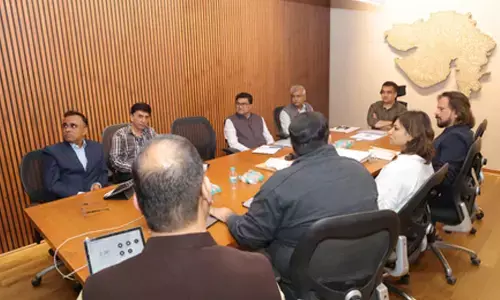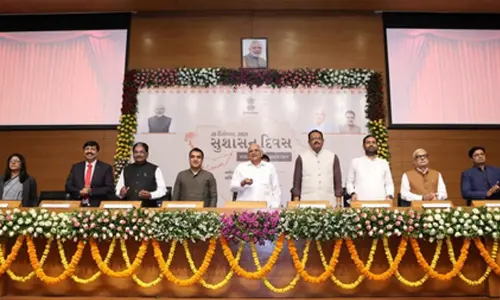FAQs: Net Neutrality, Free Basics Facebook Vs TRAI

As the debate over Net neutrality and Free Basics intensifies, particularly with the sparring match between the telecom regulator and some stakeholders like Facebook, here\'s a primer on these issues:
As the debate over Net neutrality and Free Basics intensifies, particularly with the sparring match between the telecom regulator and some stakeholders like Facebook, here's a primer on these issues:
Q: What is Net Neutrality?
A: The expression "network neutrality" was coined by American academic Tim Wu in his 2003 paper "Network Neutrality, Broadband Discrimination". It calls for governments, Internet service providers and other stakeholders to treat all data on the Internet equally -- therefore, not charging users, the content providers, platforms, sites, applications or the mode of communicating differentially.
Q: What is Free Basics?
A: A service from Facebook and a part of its Internet.org platform on digital inclusion, Free Basics is an app that promises to make Internet accessible to more people by providing them a range of some basic services for free such as news, health, travel, jobs, sports, communication and other information.
Q: Is Free Basics against concept of Net Neutrality?
A: The supporters of net neutrality say that by allowing only certain sites and platforms on the app, and by allowing the services only through some service providers, the concept clearly goes against the spirit of net neutrality of open and free access to the World Wide Web and its attendant offerings.
Q: How does Free Basics work?
A: Through this platform, Facebook allows developers to create services (content and applications) that integrate with Free Basics, especially in areas like education, health, economic empowerment, civic participation and critical information. Once downloaded, they can access these services free of charge through the app and through a particular Internet service provider who will partner with Facebook.
Q: Why is there a demand to ban Free Basics in India?
A: This demand is being being made by several people who claim to be supporters of net neutrality and they say Facebook intends to offer the services only through chosen service providers. This is being seen as discriminatory. The social networking site also has the option to reject the entry of any business participant. This apart, there is a charge that the service is pandering to the interests of telecom service providers by not allowing Internet telephony, or hi-resolution images and videos that can potentially slow down the service.
Advertising is another area of debate, as there is no clarity on whether Facebook will introduce it in the future or not. However, Facebook's contention is that it is providing a free service to those who cannot pay for access. It says it does not stop anyone from accessing the Internet through other service providers.
Q: Does concept of Net Neutrality affect bandwidth differential charges?
A: Today, one pays the telecom operator or data service providers towards two aspects -- for the speed at which content is downloaded and uploaded, and the amount of information in terms of bits that is accessed. Net neutrality calls for uniformity in such tariff. This may be impossible because service providers have to invest in infrastructure and different bandwidths call for different level of investments.
Q: How does Net Neutrality concept work in other countries, especially the US?
A: In the US, the regulator, Federal Communications Commission, has issued some rules to Internet service providers, like no blocking of legal sites, no throttling by making some site responses slow, and no paid prioritisation to enable some sites to jump the queue in delivering content. The courts have given limited ruling in favour of the regulator, but debate there still continues.
Q: If Net Neutrality has impact on bandwidth, how will this have impact on services like Netflix?
While Netflix is a subscription-based service, what is of concern is the extra money which subscribers have to pay for bandwidth to Internet service providers for accessing it through their networks. Here lies the problem. There have been attempts in the past for zero-rated services, where content from some platforms is not taken into account for computing the tariff. But the question is: Will such a plan not go against net neutrality?
















